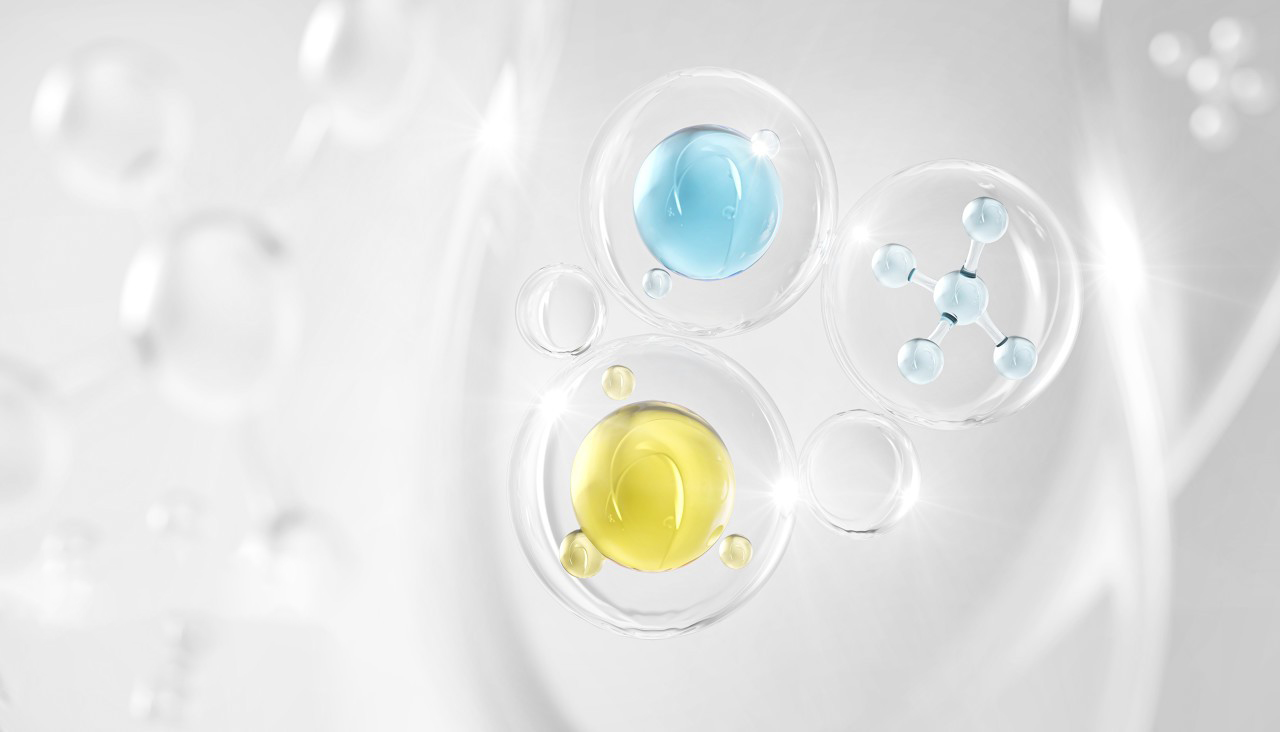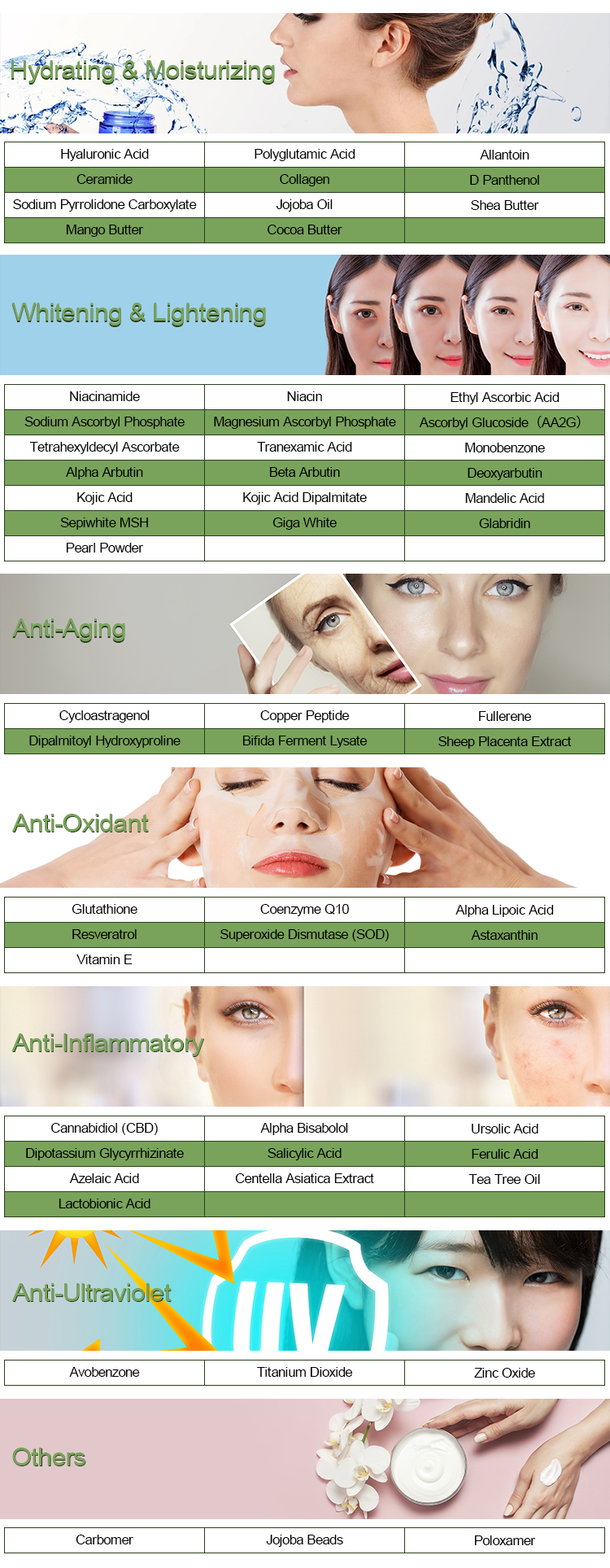Isosorbide dimethyl ether (ISDM) is an organic compound derived from isosorbide, a bicyclic structure originating from glucose. It is synthesized through a methylation reaction, typically involving dimethyl sulfate or methyl iodide as methylating agents. Here is a detailed preparation process:
Materials Required:
- Isosorbide (starting material)
- Dimethyl sulfate (or methyl iodide) (methylating agent)
- Base catalyst (e.g., potassium carbonate or sodium hydroxide)
- Solvent (e.g., acetonitrile or DMF)
- Protective equipment (as the reagents can be toxic)

Procedure:
1. Setup:
- Prepare a round-bottom flask equipped with a stirrer, reflux condenser, and a nitrogen inlet if needed.
- Dry the setup to avoid moisture contamination.
2. Dissolution:
- Dissolve isosorbide in an appropriate solvent, such as acetonitrile or dimethylformamide (DMF), under stirring.
- Base Addition:
- Add a base such as potassium carbonate (K₂CO₃) or sodium hydroxide (NaOH) to the solution. The base deprotonates the hydroxyl groups in isosorbide, making them more reactive.
4. Methylation:
- Slowly add dimethyl sulfate (DMS) or methyl iodide dropwise to the reaction mixture under controlled conditions (temperature usually around 50–70°C).
- Allow the reaction to proceed for several hours (typically 6–12 hours), monitoring the progress via thin-layer chromatography (TLC) or other analytical methods.
5. Quenching:
- After completion, quench any excess methylating agent with a suitable quenching agent (e.g., water or a dilute acid).

6. Extraction and Washing:
- Extract the product using an organic solvent like ethyl acetate or dichloromethane.
- Wash the organic phase with water and brine to remove residual salts and by-products.
7. Drying and Concentration:
- Dry the organic layer over anhydrous magnesium sulfate or sodium sulfate.
- Concentrate the solution under reduced pressure using a rotary evaporator.
8. Purification:
- Purify the crude product by distillation or column chromatography, depending on the scale and purity requirements.
9. Characterization:
- Confirm the structure and purity using spectroscopic techniques like NMR, IR, and GC-MS.

Key Notes:
1. Safety: Dimethyl sulfate and methyl iodide are highly toxic and carcinogenic. Work in a well-ventilated fume hood with appropriate safety measures.
2. Alternative Green Methods:
- Dimethyl carbonate can serve as a safer methylating agent in some cases, though reaction conditions may need optimization.
3. Yield Optimization:
- Reaction conditions such as solvent choice, temperature, and base concentration can significantly affect yields.
Would you like details on reaction optimization, greener alternatives, or scale-up methods?
